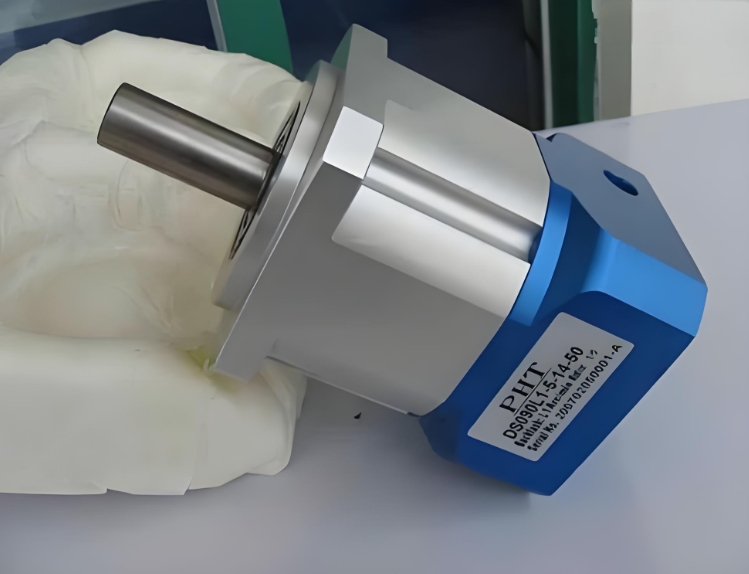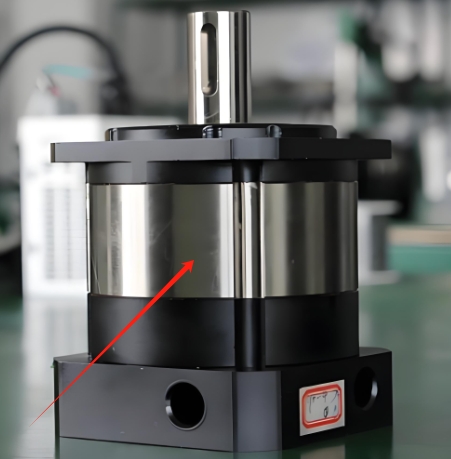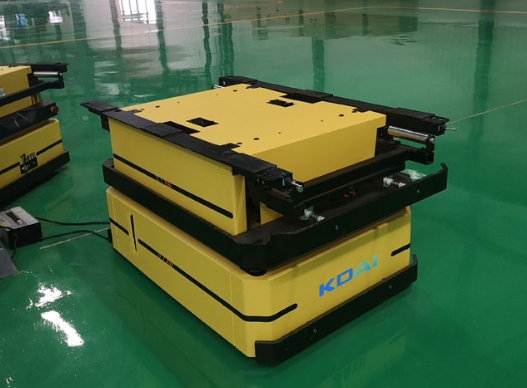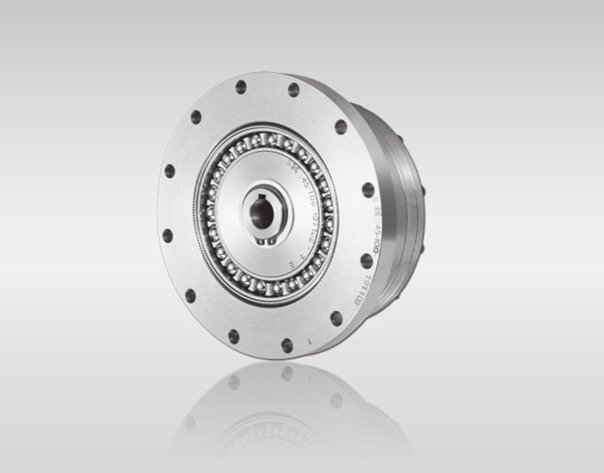
In the pursuit of sustainable development and energy conservation, reducers play a significant role in enhancing energy efficiency and promoting environmental protection across various industries. These mechanical devices, often overlooked but essential, contribute to reducing energy consumption, minimizing waste, and mitigating environmental impact. In this article, we will explore the application and performance of reducers in advancing energy efficiency and sustainability.
1. Power Transmission Efficiency: Reducers are critical components in power transmission systems, responsible for converting high-speed, low-torque inputs from motors into lower-speed, higher-torque outputs required for various industrial applications. By optimizing gear design and minimizing frictional losses, modern reducers can achieve high transmission efficiency, ensuring that the majority of input power is effectively transferred to the load with minimal energy loss.
2. Variable Speed Control: One of the key features of reducers is their ability to provide variable speed control, allowing machinery and equipment to operate at optimal speeds based on specific process requirements. By adjusting speed levels to match the workload demand, reducers prevent unnecessary energy consumption associated with running motors at constant speeds, resulting in significant energy savings over time.
3. Load Matching and Optimization: Reducers enable load matching and optimization by adjusting the torque output to match the required load conditions. In applications where the load varies significantly, such as conveyor systems or material handling equipment, reducers ensure that the motor operates at its most efficient operating point, minimizing energy waste and enhancing overall system performance.
4. Regenerative Braking and Energy Recovery: In certain applications, such as elevators and hoists, reducers can be configured to support regenerative braking systems, allowing them to recover and reuse energy that would otherwise be dissipated as heat. By converting kinetic energy into electrical energy during deceleration or braking, regenerative braking systems reduce energy consumption and contribute to overall energy efficiency in the system.
5. Integrated Control Systems: Reducers can be integrated into advanced control systems, such as programmable logic controllers (PLCs) or supervisory control and data acquisition (SCADA) systems, to optimize energy usage and monitor performance in real-time. By implementing predictive maintenance algorithms and energy management strategies, integrated control systems maximize energy efficiency, minimize downtime, and prolong equipment lifespan.
6. Sustainable Manufacturing Practices: Reducers support sustainable manufacturing practices by reducing energy consumption, minimizing environmental impact, and promoting resource conservation. By improving energy efficiency in industrial processes, reducers contribute to lower carbon emissions, reduced reliance on fossil fuels, and a more sustainable approach to manufacturing and production.
Conclusion: In conclusion, reducers play a vital role in advancing energy efficiency and sustainability in various industries. Through their ability to optimize power transmission, provide variable speed control, match loads, and support regenerative braking systems, reducers help minimize energy waste and maximize system performance. By embracing reducers as part of a comprehensive energy management strategy, industries can reduce their environmental footprint, enhance operational efficiency, and contribute to a more sustainable future.
 English
English Deutsch
Deutsch Русский
Русский Español
Español

















Quote Now